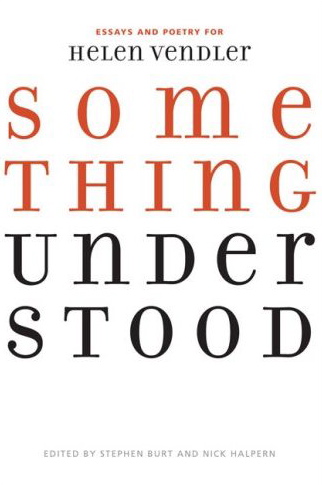Yesterday I said I’d been enjoying Nicholson Baker and Mark Bibbins, and I nearly promised enjoyable examples: I am almost as good as my word. Baker’s The Everlasting Story of Nory is a book you will find either charming beyond belief or so irritating you’ll close it as soon as you open it, since it is narrated (if “narrate” is really the word) by a cute-as-a-button nine-year-old girl:
“In Shakespeare’s plays what they would do, according to the drama teacher at the Junior School, is they would have an outfit on and they would sew a pig’s bladder in a little tiny place under the outfit that would have a little mark on it so that the person knew right where to stab… ‘But wouldn’t they run out of pigs quite quickly?’ Nory though to herself. ‘And therefore run out of pig’s bladders, and therefore could not do another play?’ Shakespeare would have to go on stage before the play and say, ‘As you may know, we cannot do any of the blood we were going to do tonight, because we have run out of our lovely pig’s bladders. We checked in the cupboard this morning, but due to good business, and a number of highly gruesome plays, we have run out. Please enjoy the show. You can have your ticket refunded if you would rather not see the show without blood, since early next week we will have more fresh pig’s bladders shipped to us. We are also going to be getting some big, fat, juicy cow bladders in stock that we will be using for some extremely disgusting effects in a play I will be finishing soon.’”
Also from Nory, on the practice of literary criticism: “Sometimes the problem with telling someone about a book was that the description you could make of it could just as easily be a description of a boring book. There’s no proof that you can give the person that it’s a really good book, unless they read it. But how are you going to convince them that they should read it unless they have a glint of what’s so great about it by reading a little of it?”
(The solution to which dilemma, squarely faced, might be– as Jarrell said of Marianne Moore’s prose– to make book reviews just “quotations and a few conjunctions.” But then perhaps no one would read, nor solicit, book reviews.)
And from Bibbins’s new one, the second half of a poem entitled “Redemption”:
That was ages ago, when everyone’s predilections
could spread unchecked and without consequence.
We flourished, all dirty and dazzling
as tranny hookers under the Manhattan Bridge.
Yes, but can you [activity] when you’re not [adjective]?
What if you were slightly [adjective]?
Today, in the great corporate slideshow
of the heart, the bullet points are blanks.
Today, though I am feeling positively artisanal,
I’m letting you do the work, like you
like to: I’m letting you pretend you’re still
the sun, drawing an infernal line through everything.








